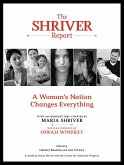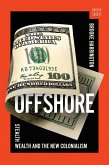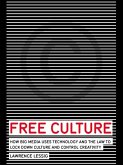The entire Kennedy family was sensitized to the plight of people with intellectual disabilities. Their own sister, Rosemary, was one of those people, and it was she who inspired EKS and raised her awareness that people like Rosemary were not being given the opportunity to fully participate in the lives of their families, schools, and communities. Many were hidden away, sometimes institutionalized and often considered an embarrassment by their families.
Eunice Kennedy Shriver was well prepared to take on the critical leadership role of advocating for and supporting people labeled by society as "mentally disabled." After graduating from Stanford University in 1943 with a Bachelor of Science degree in sociology, she worked on a State Department program to help former prisoners of war adjust to civilian life. For two years in the late 1940s, she served in the Justice Department as executive secretary of the National Conference on Prevention and Control of Juvenile Delinquency. In1950, she worked at the federal penitentiary for women in Alderson, West Virginia. In 1951, she moved to Chicago where she worked at youth shelters and with the city's Juvenile Court system.
When EKS was interviewed, she often spoke of her sister: "If I never met Rosemary, never knew anything about handicapped children, how would I ever have found out? Because nobody accepted them anyplace. So where would you find out? Unless you had one in your own family."
Eunice Kennedy Shriver was destined to change the attitude and behavior of people everywhere toward these often neglected individuals. She believed that those with intellectual disabilities must have the opportunity to be part of their families, participate in schooling, live and work in the community, and engage in everyday life experiences, such as sports, to fully develop their mental and physical capabilities. The "fearless warrior" had found her battlefield.
Dieser Download kann aus rechtlichen Gründen nur mit Rechnungsadresse in A, B, BG, CY, CZ, D, DK, EW, E, FIN, F, GR, HR, H, IRL, I, LT, L, LR, M, NL, PL, P, R, S, SLO, SK ausgeliefert werden.









